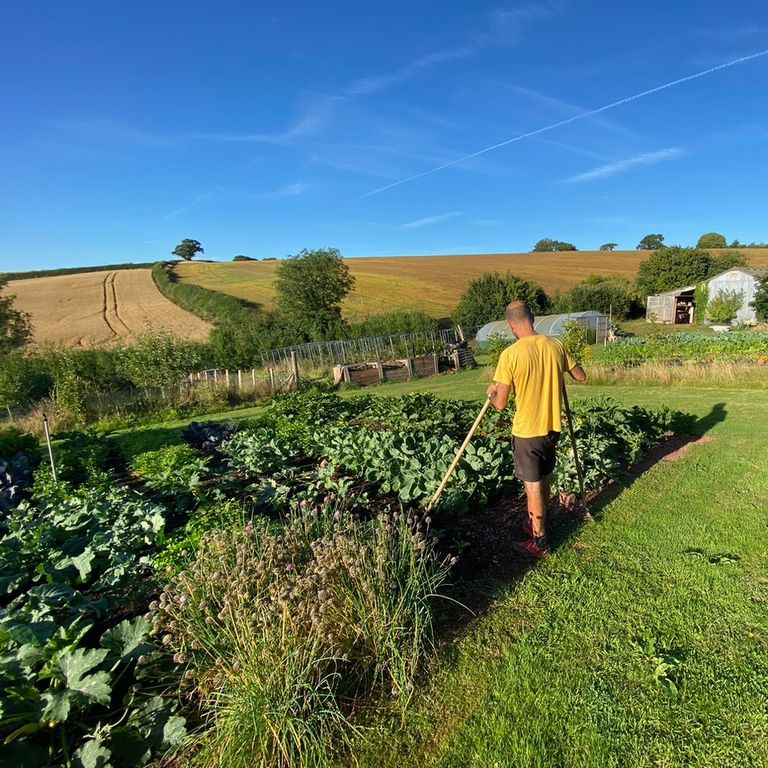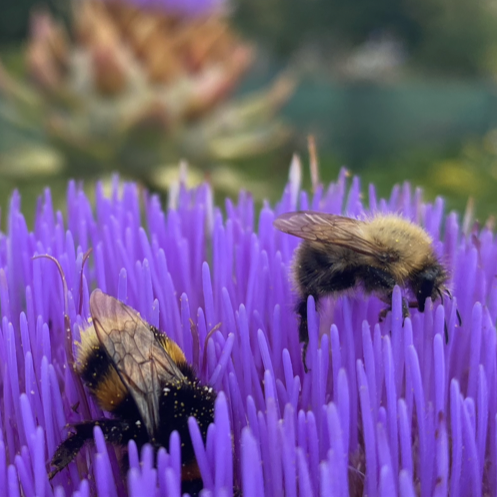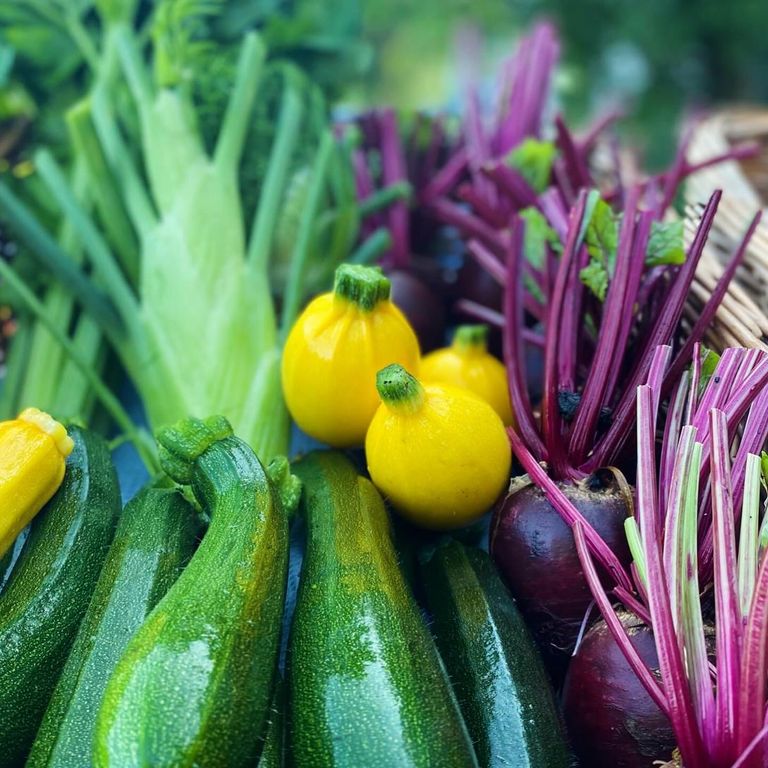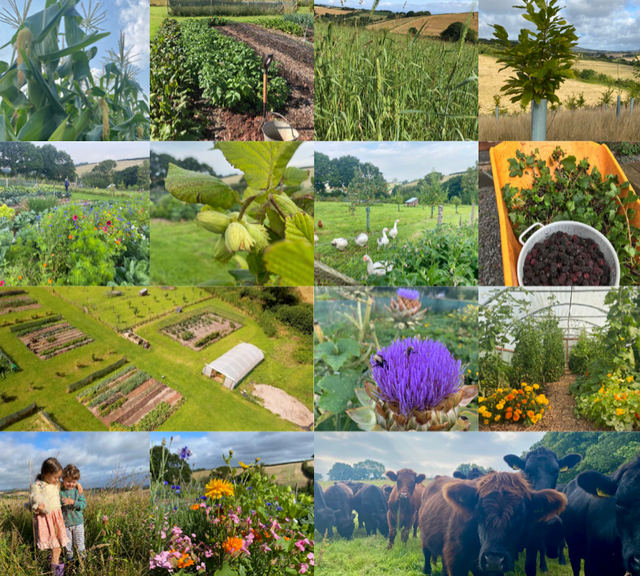With the Wild CIC
A regenerative agroforestry system in the eastern foothills of Exmoor National Park, providing ecological food experiences and education
with thanks to:
Exmoor National Park who have provided a huge amount of support: financial, through the Farming in Protected Landscapes (FiPL) scheme; practical, through the sharing of seeds and Exmoor Ponies for conservation grazing; and expert knowledge particularly through the Sowing the Seeds project.
Roadwater Community and Shop who encourage, share, support and promote and sell our produce.
Anne and Bob Rivett who's vision inspired and generosity enabled this project to become a reality.



Our Mission
We are motivated by a deep concern for nature and a desire to work towards a resilient future, mitigating the effects of climate change, adapting to changes that are already inevitable and increasing biodiversity. We want to regenerate ecosystems and educate ourselves and others about regenerative ecological design, agro-ecology and healthy, sustainable, self-sufficient ways of living.

Our Aims
- Create an organic and diverse agroforestry system to grow ecological food for the local community, providing resilience in the face of climate change and supporting biodiversity.
- Provide educational and training opportunities in agro-ecology, agroforestry, permaculture, food preparation and preserving, traditional skills, sustainable building techniques and natural materials.
- Support a relocalised circular economy - one that is human scale, non-commodity and grounded in friendship and collaboration.
- Work in partnership with other local businesses, schools, organisations and community groups to work towards Net Zero.
- Provide sustainable livelihoods through the provision of ‘green’ jobs, training opportunities and apprenticeships.
- Sequester carbon & increase biodiversity through the use of agro-ecological techniques and agroforestry systems.
